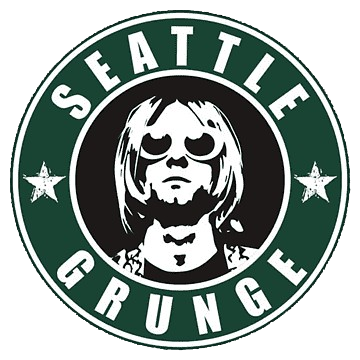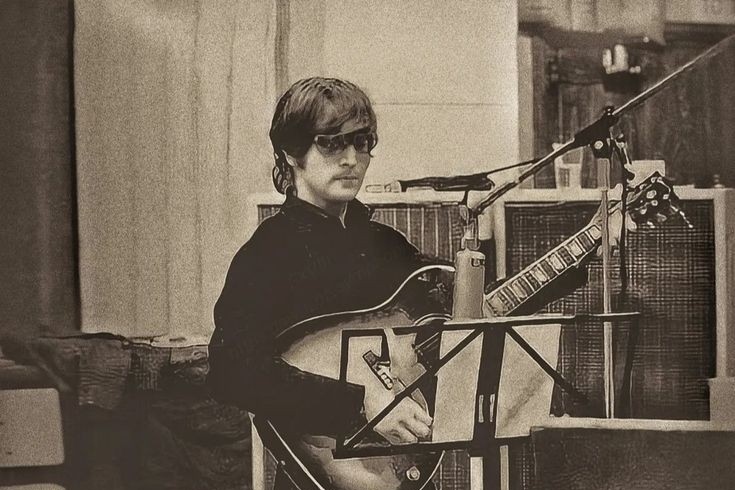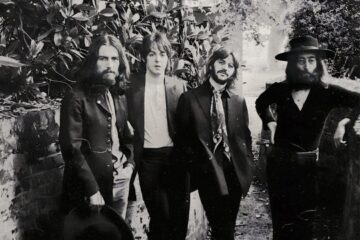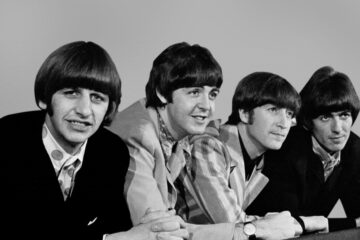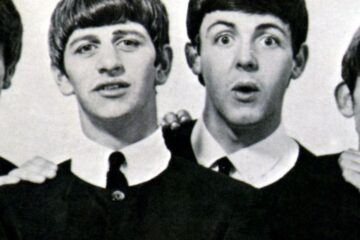Every artist will want to outdo the last record that they made. It’s no use getting into a holding pattern and continuing to make the same style of riff over and over again, so it’s better to change things up every now and again to keep it all fresh in the studio. While The Beatles were just starting to warm up to the idea of leaving the road, John Lennon knew that they were making a bold leap when working on Sgt Peppers.
Which is funny, considering how much Lennon slagged off the album as nothing but Paul McCartney’s vision after the fact. When listening to both of their material for the record, though, Lennon did have some of the most mind-expanding pieces on the project, including the drug trip that is ‘Lucy in the Sky With Diamonds’ and creating a circus fairground from scratch on ‘Being for the Benefit of Mr. Kite’.
After they got off the road, though, the album did become McCartney’s baby for a little while. He had already spent time honing his craft as a studio technician on the last few records, but hearing him try his hand at making a full concept around an imaginary band was just crazy enough to work for them.
Although no one else in the group contributed to the alter ego idea, many of Macca’s best moments on the album feature him in that fanciful mindset. ‘When I’m 64’ and ‘Fixing a Hole’ are interesting pieces of baroque pop, and even Lennon got in on the action a little bit when laying down the basis for ‘Good Morning Good Morning’.
And if nothing else, both of the ‘Nerk Twins’ could agree that ‘A Day in the Life’ was something unprecedented for its time. Aside from breaking the typical length of a pop song, there was no set structure to where the tune could go, including two of their separate compositions smushed together and an orchestral build-up that sounds borderline apocalyptic if listened to in the right context.
Lennon might have soured on the album later, but he admitted at the time that it was one of the most ambitious things that they had ever done, saying, “Sgt Pepper is one of the most important steps in our career. It had to be just right. We tried, and I think succeeded in achieving what we set out to do. If we hadn’t, then it wouldn’t be out now.”
But maybe Lennon’s later animosity towards the album came more from what it became in the context of rock history. Whether the group knew it or not, they had unintentionally kicked off the Summer of Love with this record, and the hippies of the world would spend the next few years looking over every track as if it contained the meaning to life.
With all that baggage, it’s no wonder why Lennon’s favourite albums later came from them stripping back his sound like on Plastic Ono Band. He had already tried his hand at being perfect, and by the 1970s, it was time for him to fall back down to Earth again.
